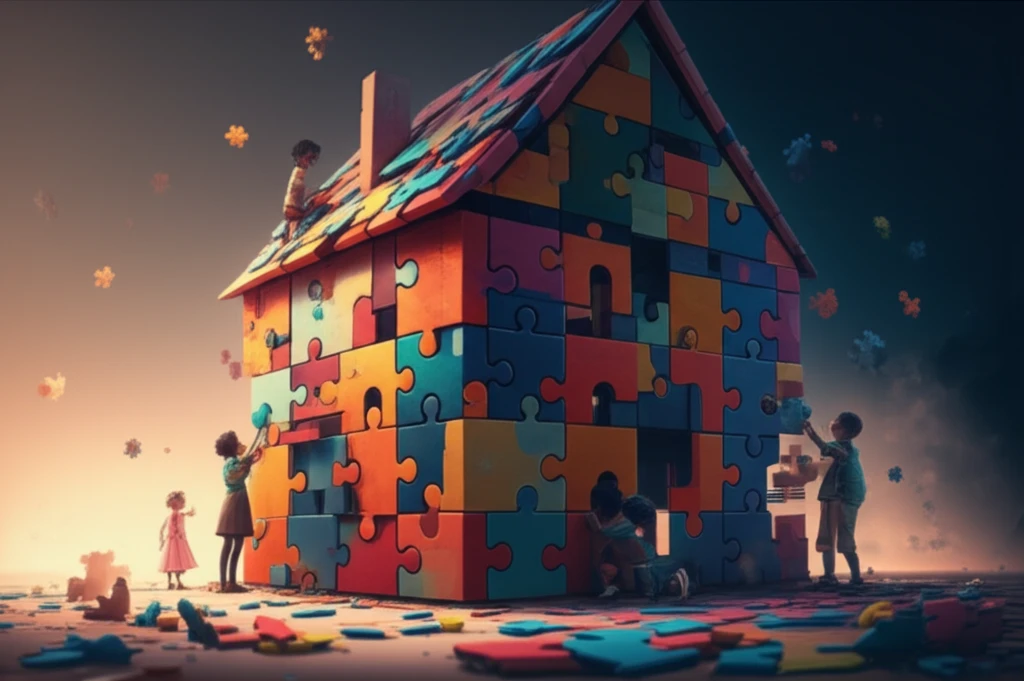
Beyond Tolerance: Cultivating Intercultural Education in Teacher Training
"How rethinking social representations can transform initial teacher training and promote genuine inclusion in increasingly diverse classrooms."
In today's rapidly changing world, marked by increasing globalization and migration, social and cultural exclusion remains a persistent challenge. This is particularly evident in educational settings, where future teachers must be equipped to navigate diverse classrooms and promote inclusivity. Traditional approaches often fall short, highlighting the urgent need for innovative strategies that address the root causes of prejudice and discrimination.
This article delves into the critical role of initial teacher training in fostering intercultural education. It examines how social representations – the shared beliefs, attitudes, and values that shape our perceptions of the world – influence educators' approaches to diversity and inclusion. By understanding these underlying representations, we can develop more effective policies and practices that challenge racism, xenophobia, and other forms of prejudice.
Drawing on recent research and theoretical insights, this article explores how teacher training programs can be redesigned to cultivate intercultural competence and promote genuine social integration. It emphasizes the importance of critical self-reflection, curriculum innovation, and the development of practical skills for navigating diverse classrooms and fostering a culture of respect and understanding.
Unpacking Social Representations: Why They Matter in Education

Social representations are the lenses through which we perceive and interpret the world around us. They are not simply individual opinions but rather collectively constructed understandings that are shaped by our experiences, social interactions, and cultural contexts. These representations often operate unconsciously, influencing our attitudes, beliefs, and behaviors without us even realizing it.
- Implicit Bias: Social representations can manifest as implicit biases, which are unconscious attitudes and stereotypes that affect our understanding, actions, and decisions.
- Stereotypes and Prejudice: Negative stereotypes and prejudices, often rooted in social representations, can lead to discrimination and exclusion in the classroom.
- Cultural Misunderstandings: Differences in cultural backgrounds and social representations can lead to misunderstandings and misinterpretations between teachers and students.
Building a More Inclusive Future: The Path Forward
Transforming initial teacher training to prioritize intercultural education is not merely an idealistic goal but a pragmatic necessity for building a more inclusive and equitable society. By equipping future educators with the knowledge, skills, and awareness needed to navigate diverse classrooms and challenge prejudice, we can create learning environments where all students feel valued, respected, and empowered to reach their full potential.
This requires a fundamental shift in how we approach teacher education, moving beyond superficial notions of tolerance to embrace a deeper understanding of social representations and their impact on educational practices. It also necessitates ongoing professional development for practicing teachers, ensuring that they have the support and resources needed to continuously improve their intercultural competence.
Ultimately, the success of intercultural education depends on a collective commitment to creating a more just and equitable world. By working together – educators, policymakers, community members, and students – we can dismantle the barriers that perpetuate prejudice and discrimination and build a future where diversity is celebrated as a source of strength and opportunity.
